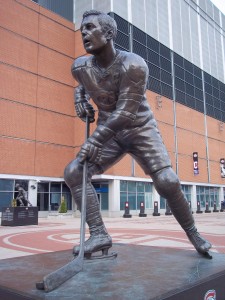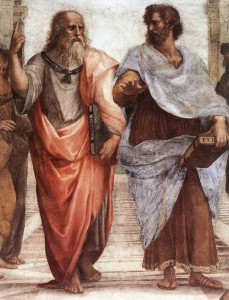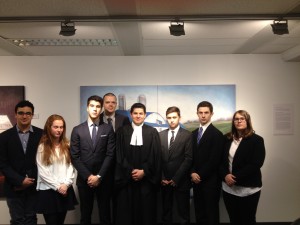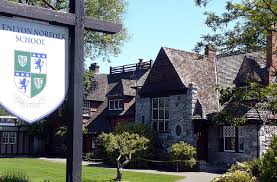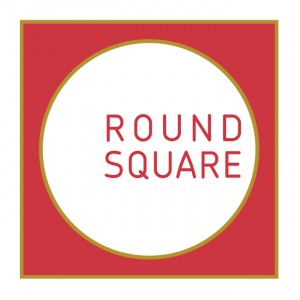
I am often asked, with just a hint of suspicion, “What is Round Square?” Quite simply, it is the sum of six ideals, internationalism, democracy, environment, adventure, leadership and service, which, added one to another, equal a philosophy of learning. Those six goals, each important in and by themselves, are bound together to form an integral whole that we call Round Square.
It is a great source of pride to me that these six ideals are so intricately woven in the LCC fabric, so much a part of the LCC student’s daily vocabulary that the six ideals are not so much applied as lived. Community service, the daily exposure to environmental or international issues, or participation in leadership activities are the common lot of all LCC students – much like homework, part and parcel of student life.
This no doubt explains why I am so often asked, “What is Round Square?” Round Square activities are not notable for the LCC student, exposed right from the start to the Round Square philosophy of learning. Round Square activities are quite simply and naturally part of life.
The most spectacular of Round Square activities are perhaps the international exchanges which give LCC students the chance to live for a couple of extraordinary months, the ordinary life of the Peruvian, South African, Australian, Indian or French student. These exchanges often begin with a burst of, until then unsuspected, patriotic pride. There are friendly patriotic tug of wars, where differences are highlighted. By the end of these exchanges, differences between cultures are dismissed as trivial, and there is the profound realization that for all the geographic differences, which, to all appearances, cause abysses between cultures and nations, we are all one humanity. This is a Round Square lesson.
Twice a year, there are Round Square or CAIS conferences for Middle School and Senior School students. LCC students travel, sometimes to far and exotic places, other times to more familiar destinations, to exchange, with other Round Square students, ideas about international or environmental issues. Open dialogue and finding ways of integrating leadership into everyday life is another Round Square lesson.
And then, there are all the other activities, no less important and very much a huge part of Round Square life. These include, but are not limited to, all the community service activities and the environment-oriented activities. The environment committee’s tireless efforts to educate on environmental issues proved effective: all six LCC students sent to Jordan had the urge to turn off the water sprinklers irrigating, all day and all night, the beautiful school campus. That we are all locally responsible for the global good of the earth is a third Round Square lesson.
The Coat Drive to benefit the Share The Warmth organization is a great example of the way LCC students live Round Square ideals. The drive, undertaken enthusiastically, if quietly, was a great success.
A Round Square student is a Round Square person for life. I am a Round Square student, and I, for one, couldn’t be more grateful. – David Elbaz ’15, Round Square Head

